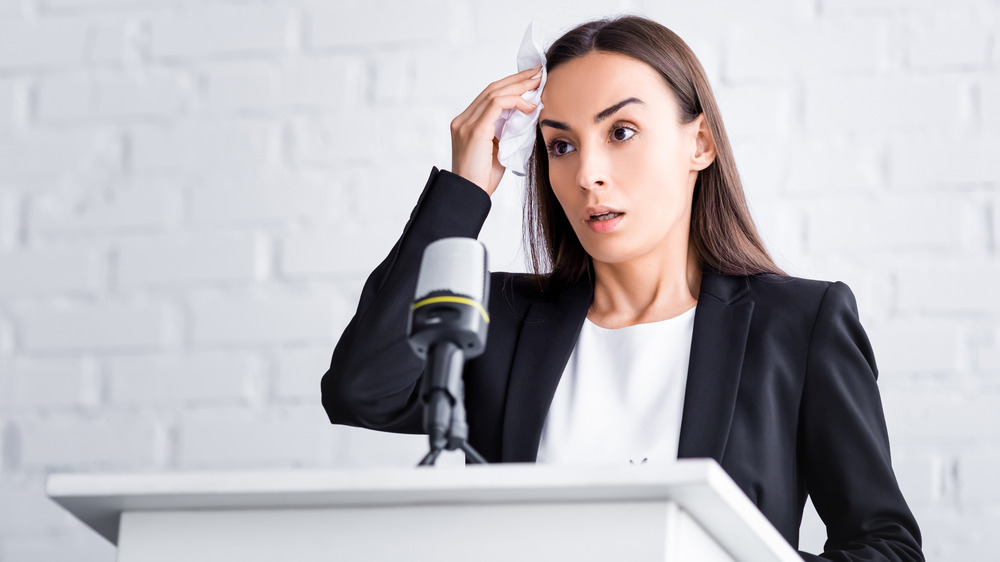The terms “panic attack” and “anxiety attack” are often used interchangeably, but they’re not the same. In the Diagnostic and Statistical Manual of Mental Disorders (DSM-5), there is a definition of panic attacks but not anxiety attacks. The book does define anxiety as a symptom.
Panic attacks happen when the brain triggers the fight or flight response. It’s a necessary tool for survival that releases adrenaline, but it’s called a panic attack if there is no life or death situation. Panic attacks usually peak at about 10 minutes and are over within 20, but there can be some lingering symptoms. Panic attacks come out of nowhere, and the intense symptoms pile on quickly.
Panic attacks have four or more of these symptoms: A sudden feeling of fear, sweating, shaking, tingling or numbness in hands or feet, stomach pain, dizziness, fast heartbeat, trouble breathing, feeling of tightness in the throat, lightheadedness, feeling like you’re going to throw up or faint, chest pain, chills, feeling hot, a sensation of being outside of your body, and feeling like you’re going to die or lose control.
Some people who have panic attacks develop panic disorder, an illness where they experience recurring panic attacks and constant worry and fear of the next panic attack. People with panic disorder also experience anxiety as a symptom.
What’s an anxiety attack?

While anxiety is technically a symptom, enough people have used the term “anxiety attack” now that it exists in society, even though the DSM-5 does not list it. So, what is an anxiety attack?
People who experience extended periods of anxiety call them anxiety attacks. According to Talkspace, anxiety attack symptoms are feeling worried, tired, or like you can’t sit still, having trouble sleeping, being physically tense, having difficulty relaxing, and having trouble concentrating. It’s normal to feel anxious now and then. Some triggers are meeting someone new, starting a new job, giving a speech or presentation, moving, getting married, or starting a family.
Feeling anxious is usually a normal part of life unless it starts to interfere with it. If it starts to affect your job, relationships, or everyday life, make an appointment with your doctor to talk about your symptoms. Your doctor will help rule out any other health problems and refer you to a mental health professional for diagnosis and treatment.
You might have an anxiety disorder like obsessive-compulsive disorder, generalized anxiety disorder, social anxiety disorder, separation anxiety disorder, or agoraphobia (via the American Psychiatric Association). These are all treatable with therapy and sometimes medication.



